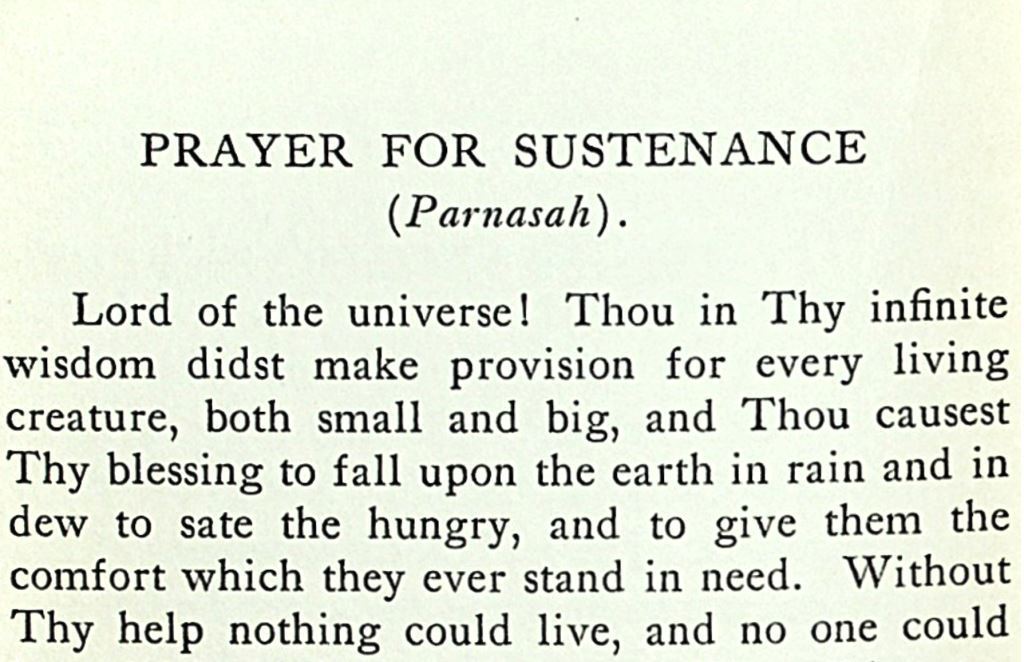Contributor(s): Shared on: 12 February 2019 under the Creative Commons Zero (CC 0) Universal license a Public Domain dedication Categories: Tags: | Contribute a translation | Source (English) |
|---|
|
Strange is our situation here upon earth. | |
Each of us comes for a short visit,
not knowing why,
yet sometimes seeming to divine a purpose. | |
From the standpoint of daily life, however,
there is one thing we do know: | |
That Man Is Here for the Sake of Other Men…
above all,
for those upon whose smile and well-being
our own happiness depends,
and also for the countless unknown souls
with whose fate we are connected
by a bond of sympathy. | |
Many times a day I realize
how much my own outer and inner life
is built upon the labors of my fellow men,
both living and dead,
and how earnestly I must exert myself
in order to give in return
as much as I have received
and am still receiving. |
“Man Is Here for the Sake of Others,” a short excerpt from a longer essay by Albert Einstein, was included by Rabbi Morrison David Bial in his collection of supplemental prayers and texts for personal prayer and synagogue services: An Offering of Prayer (Temple Sinai of Summit, New Jersey, 1962). The full text of Einstein’s essay appeared under the title “What I Believe” in Forum and Century 84 (October 1930), no. 4, p. 193-194. David E. Rowe and Robert Schulman (in Einstein on Politics 2007, p. 226) note, “The text was reproduced several times under the title ‘The World as I See It,’ most notably in Mein Weltbild and Ideas and Opinions, and in 1932 the German League of Human Rights released a phonograph recording of Einstein reading a slightly variant version entitled ‘Confession of Belief.'” Source(s)
Born in New York in 1917, Morrison David Bial studied at Princeton Theological Seminary, served as a chaplain at Mitchell Field during World War II, and was ordained from the Jewish Institute of Religion in 1945. Rabbi Bial spoke from pulpits in the United States as well as in Dublin, Glasgow, and London. He led a number of tours to Israel, and published thirteen books, including The Rabbi’s Bible: Torah and The Rabbi’s Bible: Prophets (began in 1966, co-authored with Solomon Simon), Liberal Judaism at Home: the Practices of Modern Reform Judaism (1971), and Your Jewish Child (1978). Rabbi Bial spent over thirty years serving Temple Sinai in Summit, New Jersey, from 1953 until he became Rabbi Emeritus in 1985. From 1985–1995, Rabbi Bial joined Temple Beth Shalom in Ocala, Florida, revitalizing its interfaith movement, and served as Rabbi Emeritus until his death in 2004. Albert Einstein (14 March 1879 – 18 April 1955) was a German-born theoretical physicist who developed the theory of relativity, one of the two pillars of modern physics (alongside quantum mechanics). His work is also known for its influence on the philosophy of science. He is best known to the general public for his mass–energy equivalence formula E = mc^2, which has been dubbed "the world's most famous equation." He received the 1921 Nobel Prize in Physics "for his services to theoretical physics, and especially for his discovery of the law of the photoelectric effect," a pivotal step in the development of quantum theory. Aharon Varady (M.A.J.Ed./JTSA Davidson) is a volunteer transcriber for the Open Siddur Project. If you find any mistakes in his transcriptions, please let him know. Shgiyot mi yavin; Ministarot naqeni שְׁגִיאוֹת מִי־יָבִין; מִנִּסְתָּרוֹת נַקֵּנִי "Who can know all one's flaws? From hidden errors, correct me" (Psalms 19:13). If you'd like to directly support his work, please consider donating via his Patreon account. (Varady also translates prayers and contributes his own original work besides serving as the primary shammes of the Open Siddur Project and its website, opensiddur.org.) Read a comment / Leave a comment (moderated) Works of related interest: |













Leave a Reply